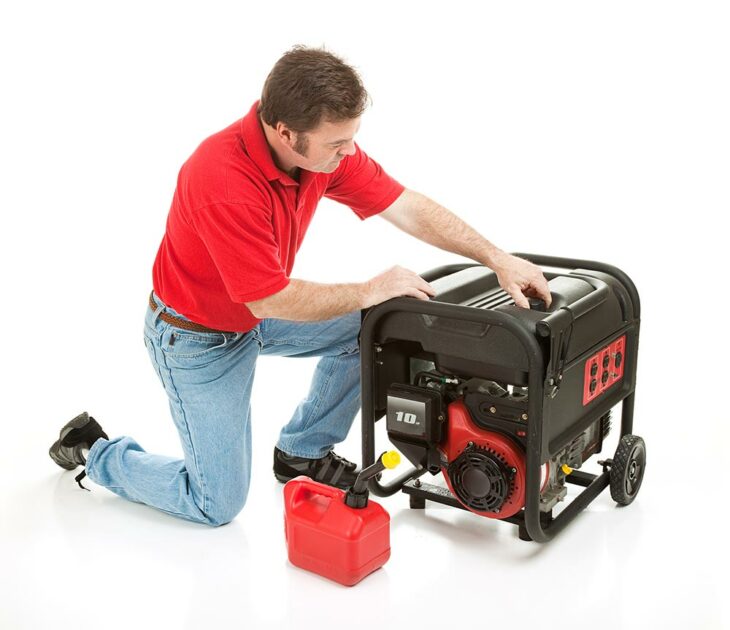You never know when a weather emergency will happen and cause you to lose power. Whether due to ice, tornadoes or hurricanes, you potentially could find yourself without power for days — especially during storm season. When severe weather hits, a generator is a very handy.
WHEN USING GAS-POWERED GENERATORS, HERE ARE A FEW DOS AND DON’TS TO KEEP IN MIND:
• DO Properly maintain your generator throughout the year to ensure it will work when it is needed most. Run your unit every couple of months up to operating temperature and with something plugged in to place a load on the electrical generator. This will exercise both the unit’s main components while lubricating all parts and burning off any moisture or buildup.
• DON’T keep gas in the tank. After a few months, gasoline becomes sticky and gummy. The degraded fuel will clog the carburetor and keep the generator from running.
• DON’T use the generator indoors, in garages or other partially enclosed areas, or near the doors or windows of a home. When running, gasoline-powered generators release carbon monoxide through the exhaust. This odorless, colorless gas can build up quickly in enclosed and partially enclosed spaces and cause a risk of illness and death.
• DON’T overload the generator; select one with enough current and power ratings for the items you want to run during a power outage.
• DO use a surge protector if you want to power computers, televisions or other electronics.
• DO carefully follow the owner’s manual for instructions specific to your generator.
QUESTIONS TO ASK BEFORE BUYING:
• Is the generator large enough for your needs?
• Is the fuel type acceptable?
• Is the voltage correct for the equipment you want to power?•
• Is the noise level acceptable? • Can the generator be used safely at the location?
• Does the generator meet legal requirements where it will be used?
• Is the generator light enough to be easily moved around as needed?
Many people don’t think about disaster preparedness until it’s too late. Consider creating a disaster go box for your family, and even create one for your pets too. That box should include items such as cash, emergency phone numbers, copies of important documents and a home inventory. For more information about disaster preparedness, visit the Mississippi Emergency Management Agency online at www.msema.org.


